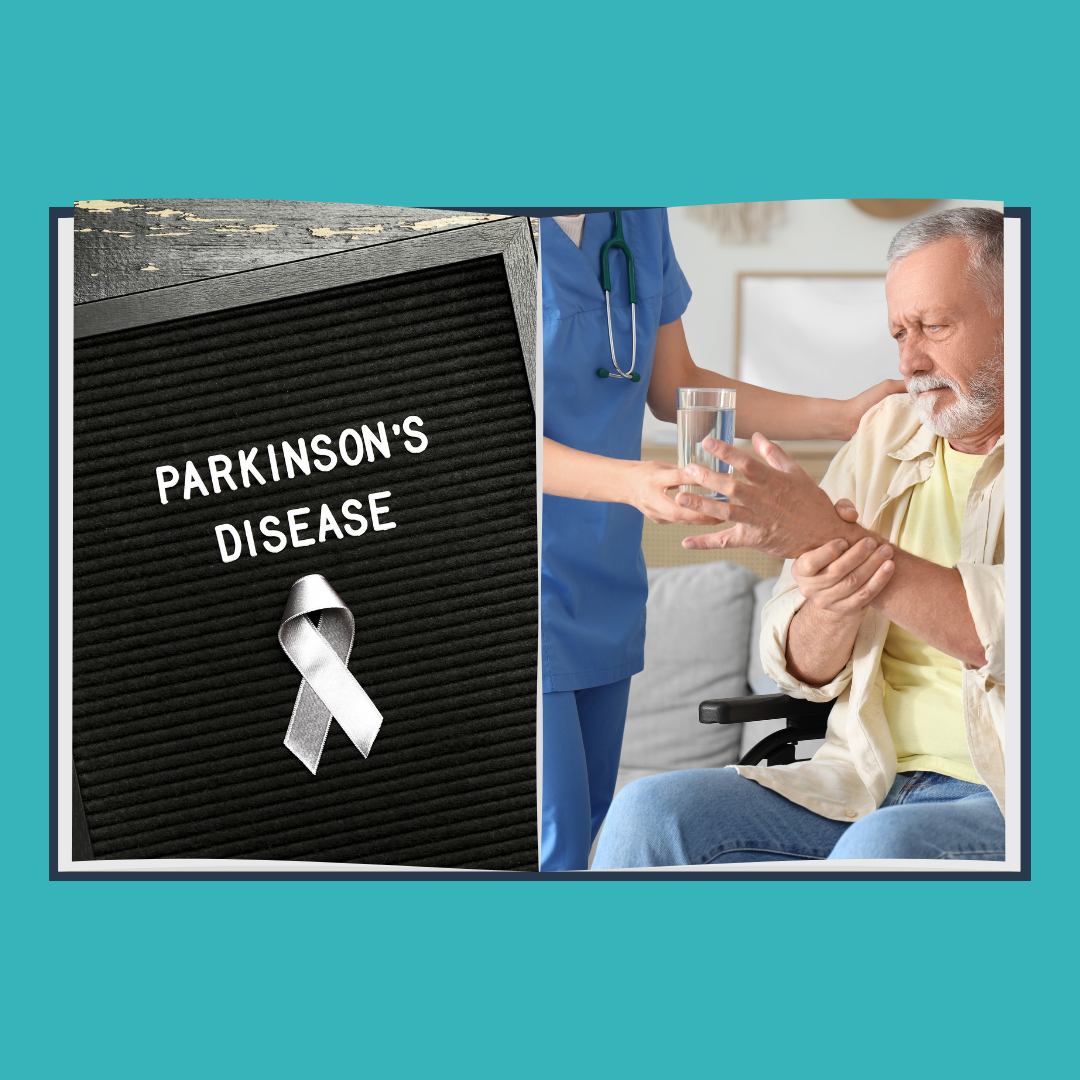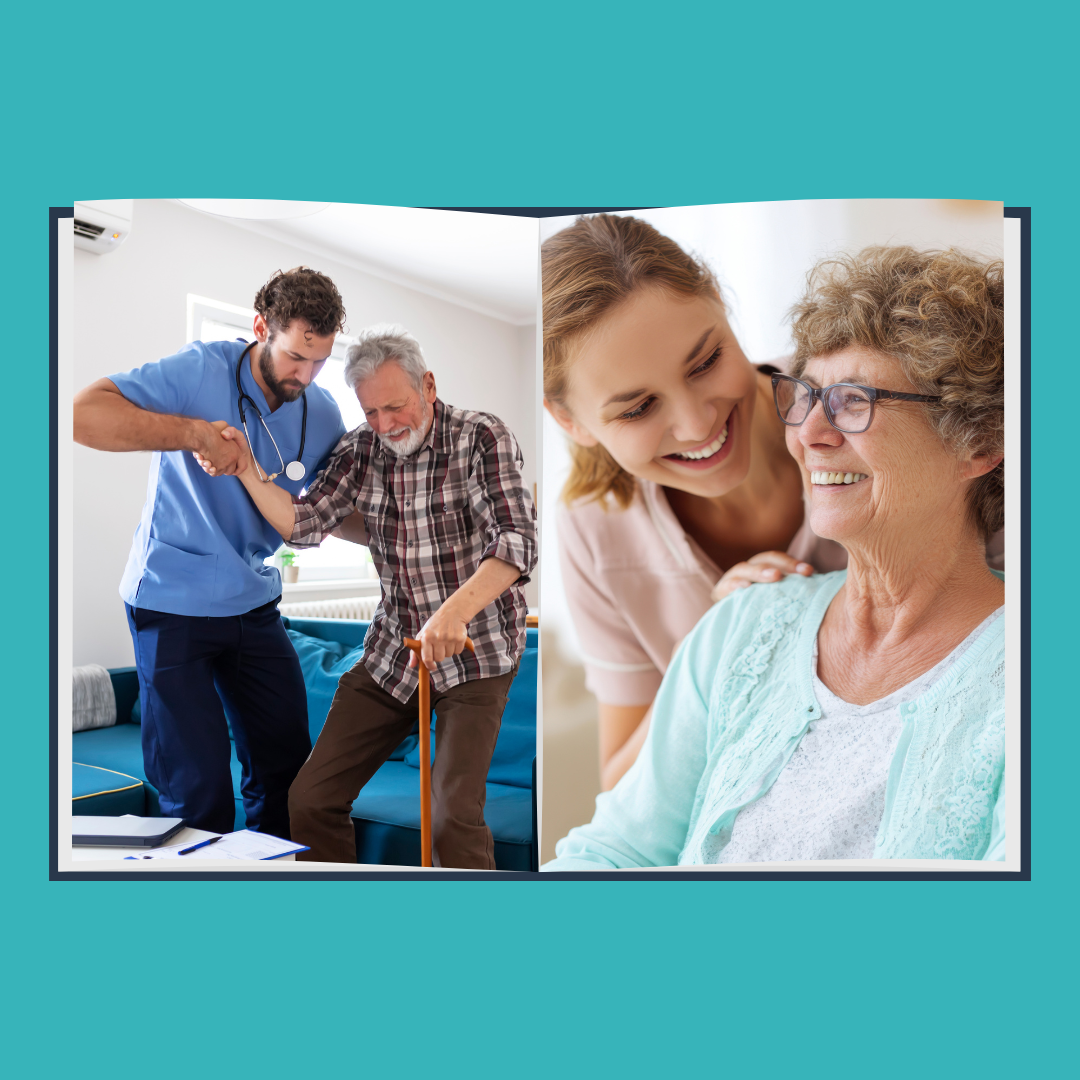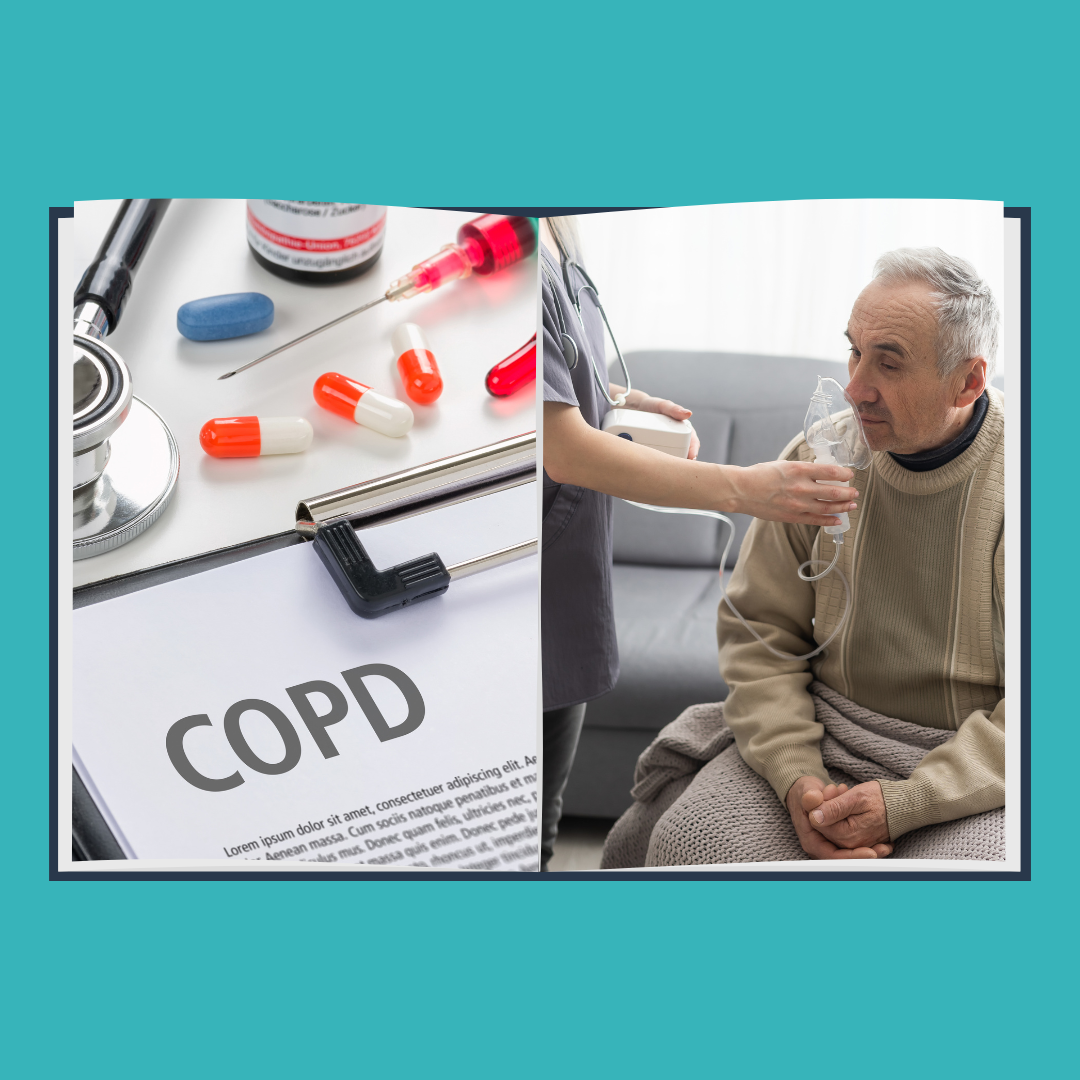New Paragraph
A Caregiver's Guide to First Aid: Essential Tips for In-Home Care
As a caregiver, being prepared to handle emergencies and provide first aid is crucial. Whether you're a professional caregiver or a family member caring for a loved one, knowing how to respond effectively to common injuries and medical situations can make a significant difference in the health and well-being of the person you're caring for. This guide covers essential first aid tips and procedures to help you stay prepared and confident in your caregiving role.
Understanding the Basics of First Aid
First aid is the immediate care given to a person who has been injured or is suddenly ill. The goal is to preserve life, prevent the condition from worsening, and promote recovery. Here are some key principles of first aid:
- Assess the Situation: Ensure the scene is safe for you and the person in need. Avoid putting yourself in danger.
- Stay Calm: Keep a clear head to make rational decisions quickly.
- Seek Help: Call emergency services if the situation is serious or life-threatening.
- Provide Care: Administer appropriate first aid until until professional help arrives.
Essential First Aid Skills for Caregivers
1. Cardiopulmonary Resuscitation (CPR)
CPR is a life-saving technique used when someone has stopped breathing or their heart has stopped beating. Here's how to perform CPR:
- Check Responsiveness: Gently shake the person and shout to see if they respond.
- Call for Help: Dial emergency services or instruct someone nearby to do so.
- Begin Chest Compressions: Place the heel of your hand on the center of the chest, place your other hand on top, and press down hard and fast (about 2 inches deep) at a rate of 100-120 compressions per minute.
- Provide Rescue Breaths: If trained, give two breaths after every 30 compressions. Tilt the person's head back, lift their chin, and breath into their mouth until the chest rises.
- Continue Until Help Arrives: Keep performing CPR until medical professionals take over.
2. Wound Care
Proper wound care prevents infections and promotes healing:
- Clean the Wound: Rinse the area with clean water to remove dirt and debris.
- Stop the Bleeding: Apply pressure with a clean cloth or bandage until bleeding stops.
- Apply an Antibiotic: Use an antibiotic ointment to prevent infection.
- Cover the Wound: Use a sterile bandage or gauze to protect the area.
3. Treating Burns
Burns require immediate and appropriate care to minimize damage:
- Cool the Burn: Hold the burned area under cool (not cold) running water for at least 10 minutes.
- Protect the Burn: Cover with a clean, non-stick bandage or cloth.
- Avoid Home Remedies: Do not apply butter, oils, or ice to the burn.
- Seek Medical Attention: For sever burns especially those larger than 3 inches or involving the face, hands, or major joints, seek professional medical help.
4. Managing Choking
Choking can quickly become life-threatening, so prompt action is essential:
- Encourage Coughing: If the person can still cough or speak, encourage them to keep coughing to dislodge the object.
- Perform the Heimlich Maneuver: If the person cannot cough or breath:
- Stand behind them and wrap your arms around their waist.
- Make a fist with one hand and place it just above the navel.
- Grasp your fist with your other hand and give quick, upward thrusts until the object is expelled.
5. Handling Falls
Falls are common among seniors and can lead to serious injuries:
- Check for Injuries: Looks for signs of broken bones, bleeding, or head injury.
- Help Them Up Safely: If there are nor serious injuries, help them get up slowly by offering support. If you suspect a serious injury, do not move them and call for medical assistance.
- Prevent Future Falls: Ensure the living environment is safe by removing tripping hazards, using non-slip mats, and installing grab bars.
Building a First Aid Kit
Having a well-stocked first aid kit is essential for any caregiver. Your kit should include:
- Adhesive bandages or gauze pads
- Antiseptic wipes and antibiotic ointment
- Tweezers and scissors
- Elastic bandages for sprains
- Instant cold packs
- Disposable gloves
- CPR face shield
- Pain relievers and any prescribed medications
- Emergency contact information and a first aid manual
Continuous Learning and Preparedness
First aid skills are vital, but they need to be practiced and updated regularly. Consider taking a certified first aid and CPR course to stay current with the latest techniques and protocols. Regularly review and restock your first aid kit to ensure all items are available and in good condition.
Conclusion
Being a caregiver involves more than providing day-to-day assistance; it also means being prepared to handle emergencies. By mastering basic first aid skills, and having a well-equipped first aid kit, you can provide immediate and effective care to your loved ones in times of need. Remember, your prompt actions can make a significant difference in the outcome of an emergency situation.
In-home care can offer additional support needed to ensure the safety and well-being of seniors. Consider professional in-home care services to provide comprehensive care and peace of mind for you and your loved ones.









